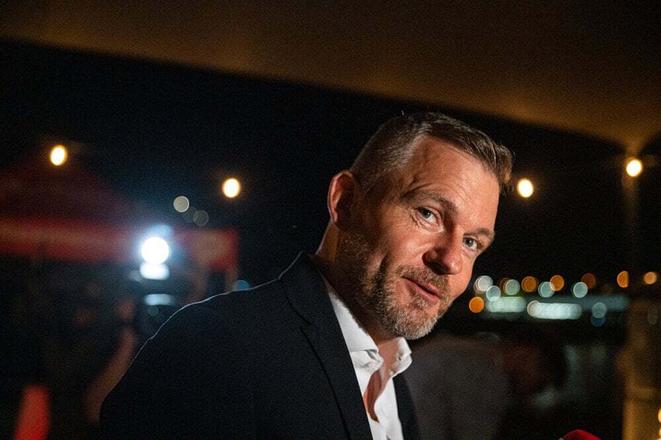Robert Fico is back. His Smer party emerged with the most votes in Saturday's election and it seems highly likely that he will get to form the new government. Smer, together with third-place Hlas, and the Slovak National Party (SNS), which returns to parliament, would together have a narrow but comfortable majority of 79 MPs in the 150-member house.
In the end, however, it will come down to the decision of Hlas leader Peter Pellegrini, because the only chance of a non-Smer government would rely on his support.
Progressive Slovakia (PS) finished second and confirmed its position in the final pre-election polls, but did not bring any major surprises or a surge in support.
The Christian Democratic Movement (KDH) returns to parliament after a two-term absence. Also elected were Igor Matovič and his Ordinary People and Independent Personalities (OĽaNO) coalition (which includes Christian Union and Za Ľudi) and Richard Sulík's Freedom and Solidarity (SaS), which achieved a similar result as at the last election in 2020. Boris Kollár's Sme Rodina party, which dropped below 3 percent, is out.
The failure of Republika to make it into parliament is another surprise of the election. The party, which emerged from Marian Kotleba's neo-fascist ĽSNS, was predicted by all the pre-election polls to comfortably clear the 5-percent threshold, but ultimately scored only 4.75 percent. It is the first time since 2016 that parliament will be without an overtly fascist party.


 Peter Pellegrini on election night (source: Sme - Marko Erd)
Peter Pellegrini on election night (source: Sme - Marko Erd)